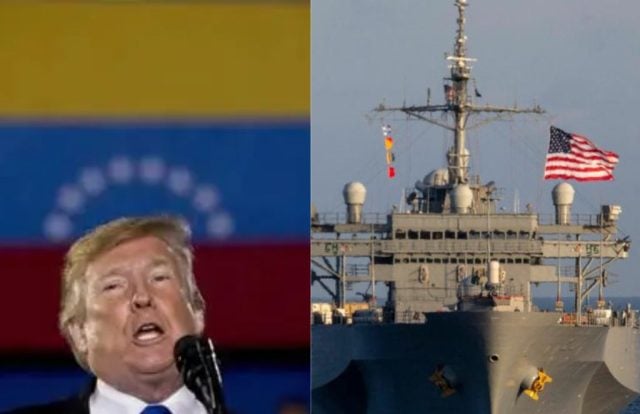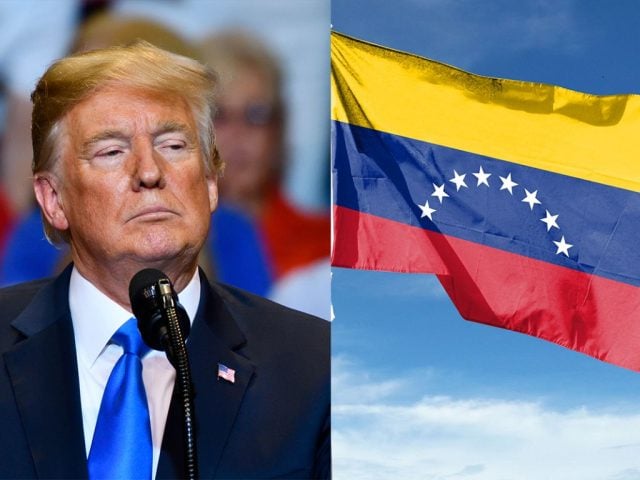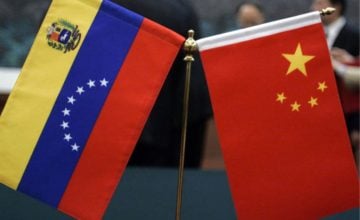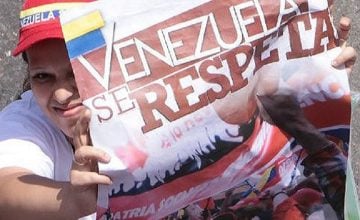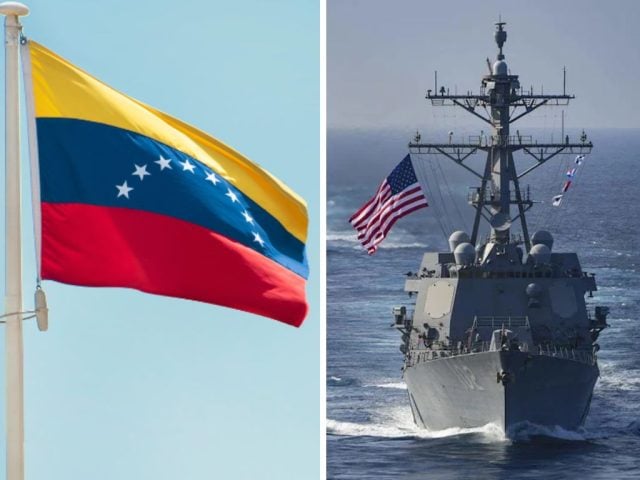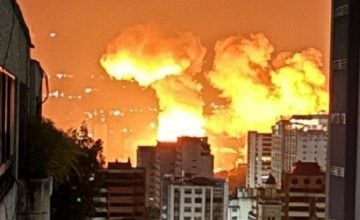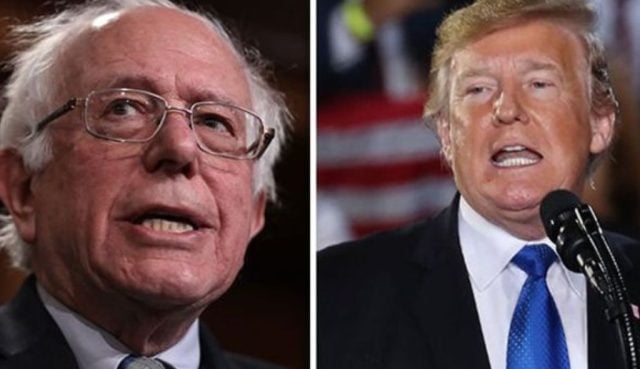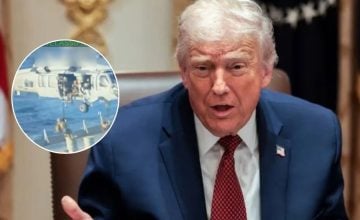Original article: Intervención en Venezuela sin respaldo: 70% en EE.UU. la rechaza y 76% dice que Trump no ha explicado su plan
The prospect of U.S. military intervention in Venezuela faces significant resistance and skepticism among American citizens. A recent CBS News/YouGov survey reveals deep divisions in public opinion regarding the policies of Republican President Donald Trump toward the Caribbean nation.
The survey results are striking, showing that 70% of Americans oppose any intervention in Venezuela.
This widespread rejection is coupled with strong criticism of the White House’s lack of clarity regarding the U.S. stance on military action in the South American country.
A notable 76% of respondents stated that the Trump administration has not provided clear intentions, highlighting a communication deficit that transcends party lines, while only 24% believe the government has clearly articulated its position.

Lack of Transparency and Legitimacy
This opacity not only breeds distrust but also questions the legal foundations for potential escalation. Three out of four Americans believe that Trump would need Congressional approval before undertaking any military action in Venezuela. The demand to submit such a decision to the legislature sends a direct message about the perceived illegitimacy of unilateral action, a requirement shared by more than half of Republican respondents.

Divisions Within Republican Ranks
The survey, conducted from November 19 to 21 with a margin of error of ±2.4 percentage points, reveals significant fractures within the party of the far-right president.
Support for intervention is far from unanimous among his base. While 66% of MAGA (Make America Great Again) supporters favor a potential intervention, only 47% of non-MAGA Republicans support it. Even more telling is that among the latter, 53% outright oppose any military action.
This internal division highlights the limits of war rhetoric even among members of the ruling party.
«This internal division exposes the limits of militaristic discourse even within the ranks of the governing party. The MAGA base, historically tolerant of the president on foreign policy—evidenced by past bombings in Iran—maintains its loyalty. However, the rest of the Republican spectrum shows signs of fatigue with rhetoric that does not resonate with their real priorities,» noted TeleSUR.
Venezuela: A Manufactured «Threat»
The survey dismantles the official narrative that could justify intervention. Only a minimal minority, 13% of respondents, consider Venezuela a «major threat» to U.S. security. In contrast, 48% classify it as a «minor threat,» and a significant 39% believe it poses no threat at all.

This skepticism extends to the effectiveness of military action against drug trafficking, one of the arguments used by the Trump administration to justify an invasion of the Caribbean nation.
56% of respondents believe that military action would not change the amount of drugs entering the United States. Only 37% think it would reduce the flow, while a marginal 7% believe it would increase.
Even operations ordered by the White House, such as attacks on vessels accused—without evidence—of transporting drugs, divide opinion (53% approve and 47% disapprove).
However, the survey confirms a clear consensus reflecting the general demand for transparency: 75% want the government to provide evidence that the attacked ships were indeed transporting drugs. In summary, the public is calling for proof before bombings.
Disconnect Between Trump and True U.S. Priorities
Behind the widespread rejection of intervention lies a deeper issue: questioning the government’s priorities. The survey reveals a disconnect between the Trump administration’s rhetoric on inflation and the real experiences of American families: rising prices, deteriorating economic prospects, and the feeling that while the White House speaks of victories, their wallets are empty.
Many opponents of military action—including Republicans—are more likely to judge the administration based on its economic management, feeling that it does not devote enough attention to issues that genuinely affect their daily lives. Thus, an invasion of Venezuela is viewed by a large majority as an expensive distraction rather than a solution to their real concerns.
The Largest U.S. Military Presence in Latin America and the Caribbean in Decades
The release of the survey results comes amidst rising tensions between the United States and Venezuela due to the Trump administration’s decision to deploy warships, a submarine, fighter jets, and troops in the Caribbean Sea off the Venezuelan coast since August.
This way, the U.S. maintains its largest military presence in decades in the region. A move justified by the occupant of the White House under the premise of fighting drug trafficking.
Since then, Washington has conducted several missile strikes in international waters of the Caribbean and Eastern Pacific against boats Trump has accused of allegedly transporting drugs—without providing evidence—resulting in at least 80 fatalities.
The White House has described the deployment of U.S. military personnel in the area as part of its strategy «to stop the drugs that seek to flood the United States and to bring those responsible to justice.»
However, the UN Office on Drugs and Crime (UNODC) and the U.S. Drug Enforcement Administration have noted that Venezuela is not a primary drug trafficking center, as approximately 87% of cocaine reaches the United States via the Pacific route. This assessment undermines the very foundation of the military campaign ordered by Trump.
Meanwhile, the Republican magnate has accused Venezuelan President Nicolás Maduro—without evidence—of leading an alleged drug cartel, prompting U.S. Attorney General Pam Bondi to double the reward for information leading to his arrest.
In mid-October, Trump admitted to authorizing the Central Intelligence Agency (CIA) to conduct covert operations in Venezuelan territory, to which Maduro responded: «Can anyone believe the CIA hasn’t been operating in Venezuela for 60 years? Can anyone believe the CIA hasn’t conspired against [Hugo] Chávez and me for 26 years?»
On his part, the Venezuelan president has denounced a «multifaceted war» orchestrated from the United States, which includes armed attacks, misinformation campaigns, and covert operations.
Additionally, he accused Washington of leading an offensive to impose a «puppet government» and carry out an invasion aimed at taking control of Venezuela’s vast natural resources, including oil, gas, and gold.
